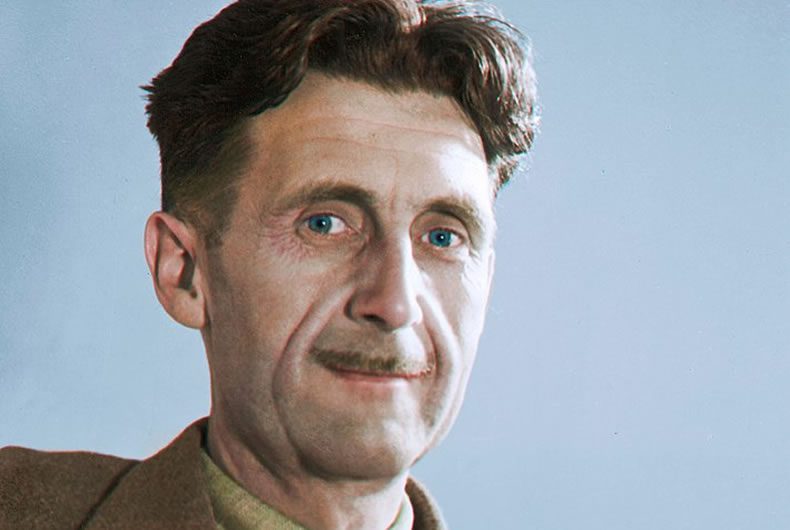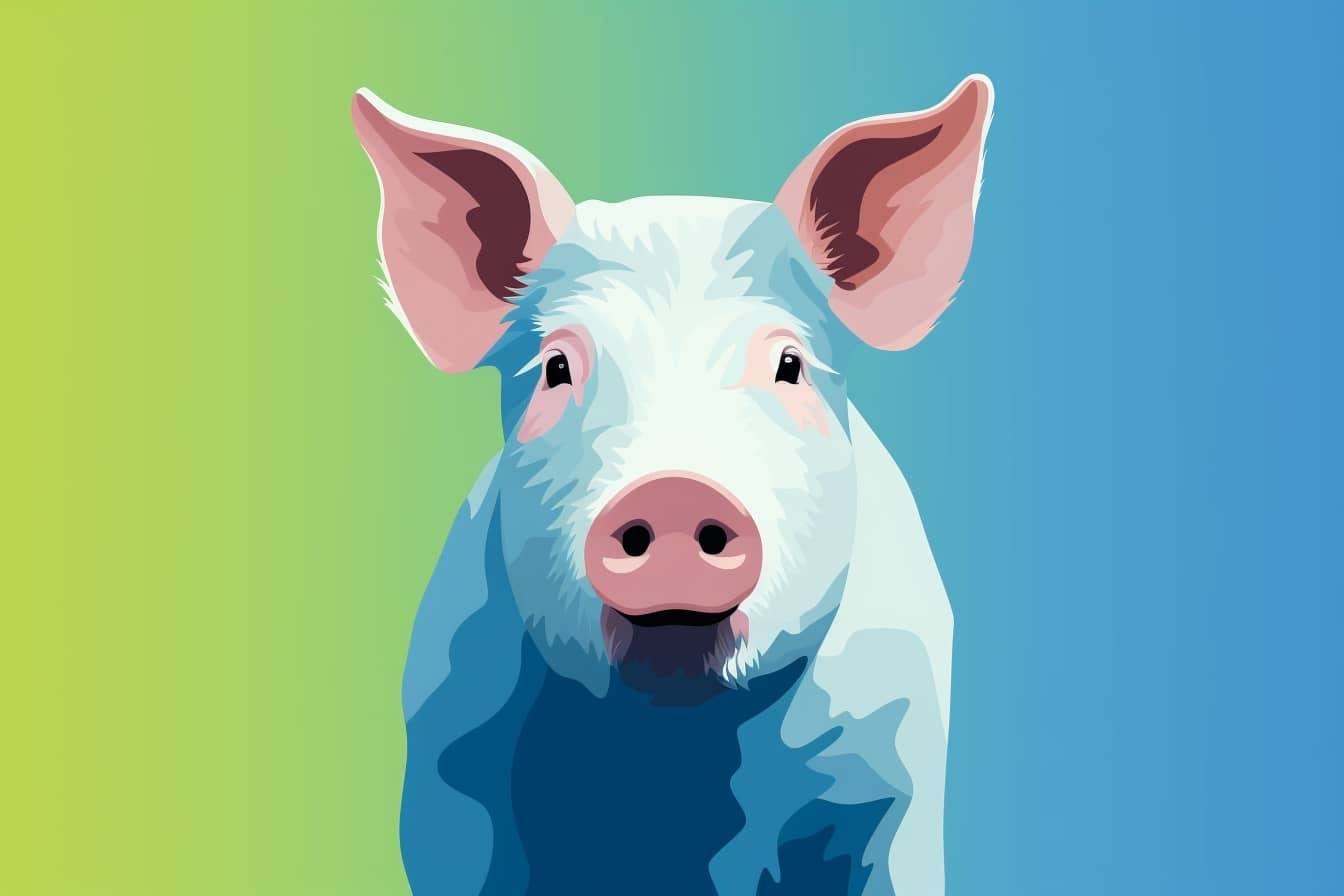In the heart of every intellectual, there is a hidden wound. A wound that burns silently, fueled by society's expectations, peer pressure and the fear of going against the grain. George Orwell, with his sharp pen and indomitable spirit, exposed this wound in “Animal Farm,” exposing the silent and insidious censorship that permeated the British intellectual society of his time.
But what happens when an author of such caliber comes up against the "wound" of intellectualism? When his voice is suffocated not by oppressive laws, but by the fear of going against the dominant orthodoxy? Here is the story of a man who dared to challenge the system, not with force, but with truth.
The intellectual's dilemma
Deep in the soul of every intellectual, there exists a conflict. On the one hand, there is the burning desire to express the truth, to challenge conventions and to bring injustices to light. On the other hand, there is the fear of being ostracized, of losing the respect of one's colleagues and of being labeled a heretic.
This dilemma was not foreign to Orwell, who, with his keen perception, recognized censorship not as an act imposed from above, but as a self-imposed choice by the intellectual community.

Animal Farm: a “political fairy tale”
“Animal Farm” wasn't just a story about animals taking over a farm. It was a biting criticism of the Soviet Union's transition from revolution to totalitarianism under Stalin. But while the novella was clear in its satire, the reaction of the British intellectual community was far from favorable. Why? Because Orwell had touched the "wound" of intellectualism: the fear of going against the dominant orthodoxy. And this was not only true in the Soviet Union.
Orwell had not been censored by a government or external entity. He had been censored by the same community that was supposed to defend freedom of expression. It was a "spontaneous" censorship, born not from an organized campaign, but from the collective fear of going against the flow. And this censorship was all the more dangerous because it was invisible, silent and insidious.
The preface to the book, "Freedom of the Press", was omitted from the first edition of the book, then disappeared and it was only rediscovered in 1971.
What the preface of “Animal Farm” said
Of course it is undesirable for a government department to have any censorship powers (except security censorship, which no one opposes in wartime) on books that are not officially sponsored.
But the main danger to freedom of thought and speech at this moment is not the direct interference of the MOI or any other official body. If publishers and editors make an effort to keep certain topics out of print, it is not because they are afraid of prosecution, but because they fear public opinion.
In this country, intellectual cowardice is the worst enemy that a writer or journalist has to face, and this fact does not seem to me to have been discussed as it deserves…
Orwell and his struggle
Despite these challenges, Orwell did not give up. He fought against censorship with his pen, exposing the hypocrisies and contradictions of intellectual society. And while many criticized him, many others celebrated him for his audacity and his bravery.
Because, as he himself wrote, “if freedom means anything, it means the right to tell people what they don't want to hear.”
Orwell's story reminds us of the importance of defending freedom of expression, not only from external threats, but also from internal ones. He reminds us that censorship can take many forms and that we must always be vigilant. And, above all, he reminds us that truth is a powerful force, and that those who dare to express it, despite the challenges, are true heroes.


